Israeli Prime Minister Benjamin Netanyahu has downplayed the severity of the humanitarian crisis in the Gaza Strip, asserting that only a few dozen Palestinians have starved to death amid ongoing violence and aid restrictions. In an interview with CNN on Wednesday, Netanyahu controversially claimed that more people starved to death in the United States than in Gaza in 2022.
Netanyahu's remarks come in the wake of a recommendation by ICC Chief Prosecutor Karim Khan to issue arrest warrants against Netanyahu and Israeli Defense Minister Yoav Gallant. Khan accuses them of genocide and using starvation as a weapon of war in Gaza. A panel of ICC judges is expected to review the recommendation and potentially issue formal directives soon.
Karim Khan also recommended arrest warrants for Hamas leaders Ismail Haniya, Yahya Sinwar, and Mohammad Deif, highlighting that both Israeli and Palestinian leaders are being scrutinized for alleged war crimes.
Rejecting the ICC allegations, Netanyahu insisted that Israel has facilitated aid deliveries to Gaza and claimed that food prices in the territory have significantly decreased. He argued that only 23 to 30 people have died of starvation in Gaza, compared to 20,000 in the United States in 2022, though the U.S. government has yet to respond to these claims.
The humanitarian crisis in Gaza has intensified since Hamas launched a major military operation against Israel on October 7. Israel's subsequent retaliatory strikes have resulted in over 40,000 Palestinian deaths, predominantly women and children, and left more than 70,000 injured.
While the exact number of starvation deaths in Gaza over the past seven months remains unclear, the Gaza Health Department and international organizations report that at least 32 Palestinians, including 28 children, have died from lack of food and water since April 1. However, some believe the actual figures could be higher.
The international community continues to monitor the situation closely as both Israeli and Palestinian leaders face growing scrutiny over their actions in the conflict.



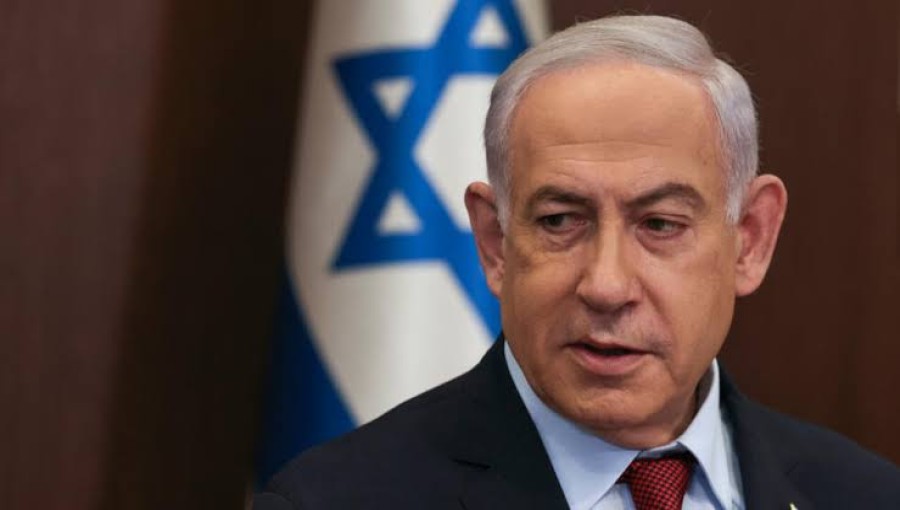

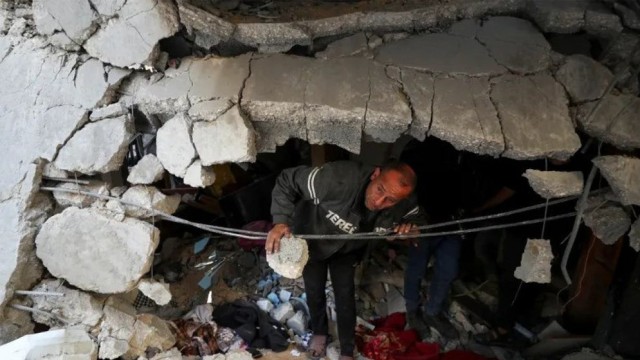
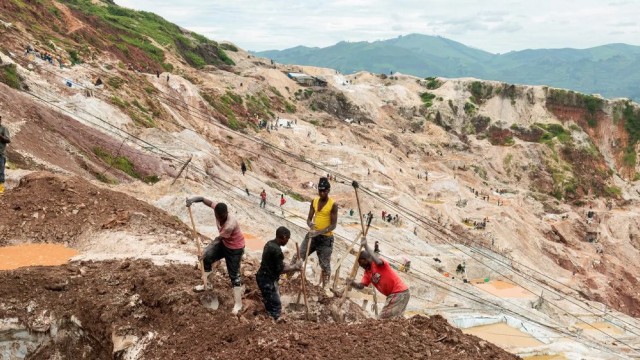
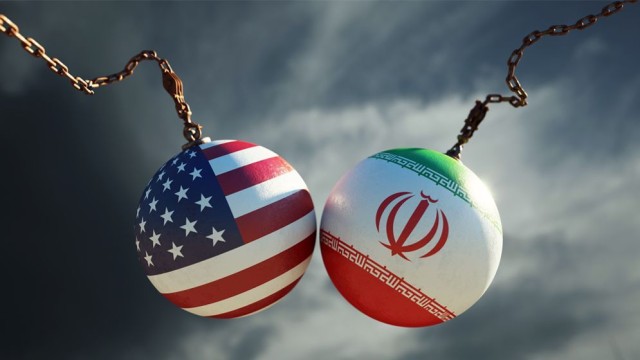
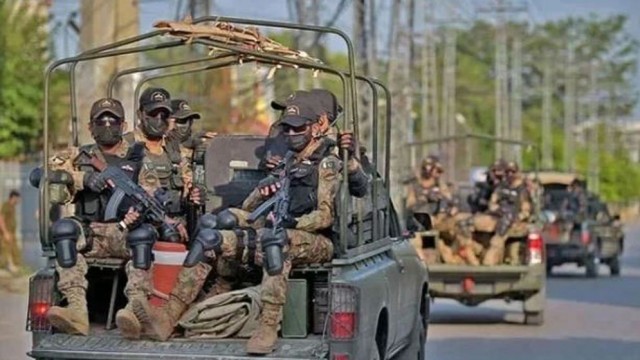
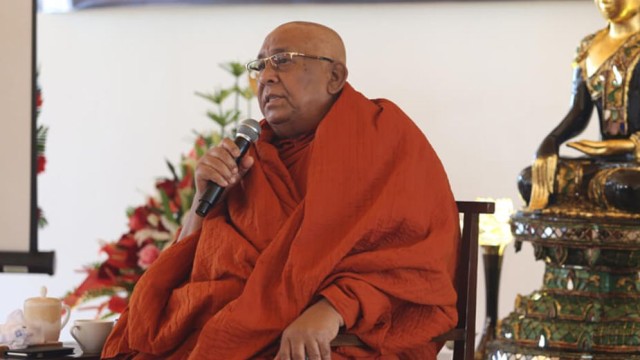
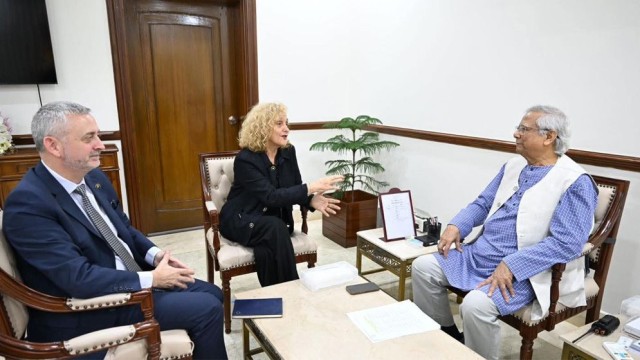

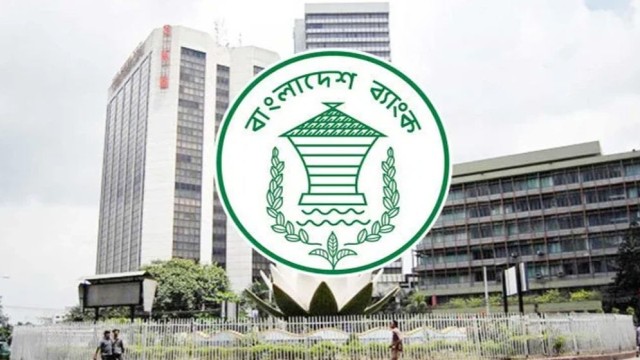
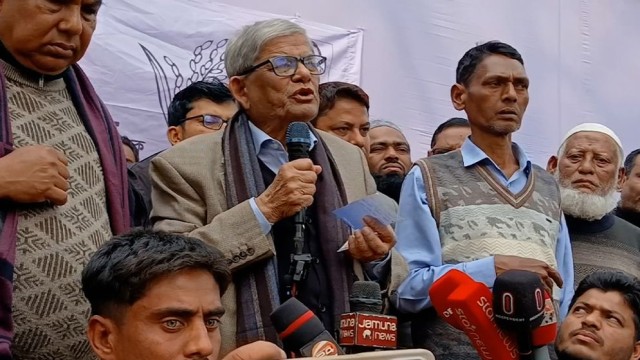

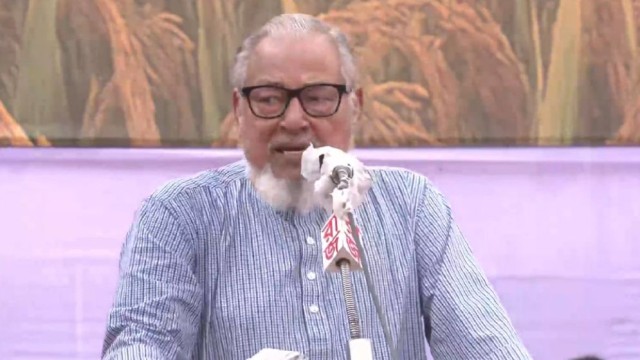

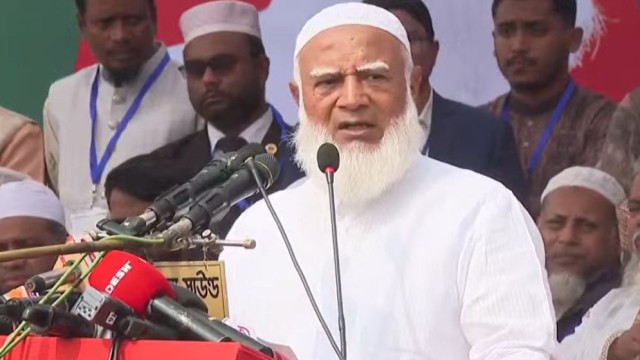

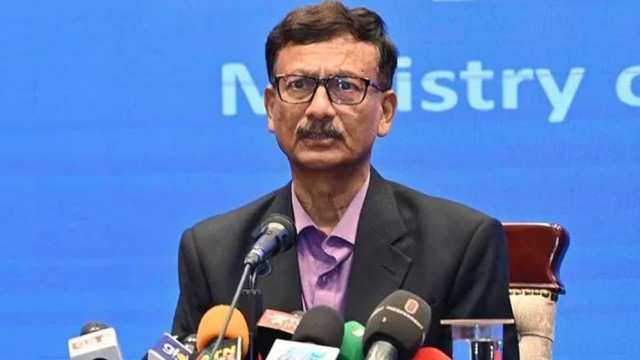




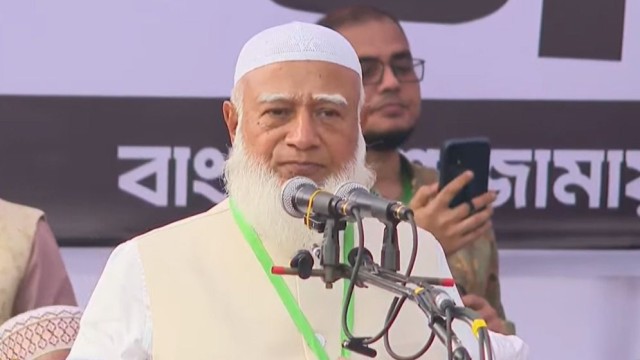
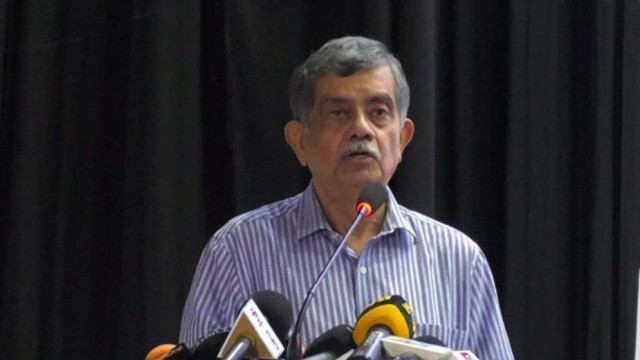
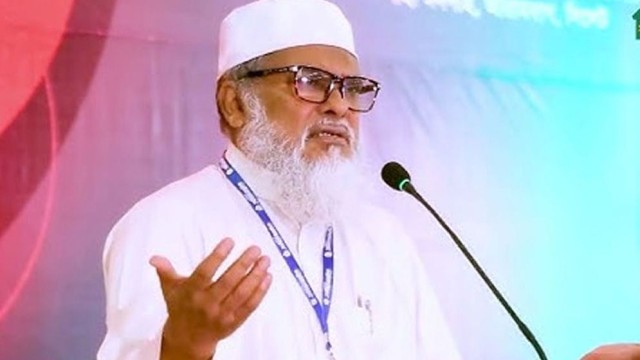

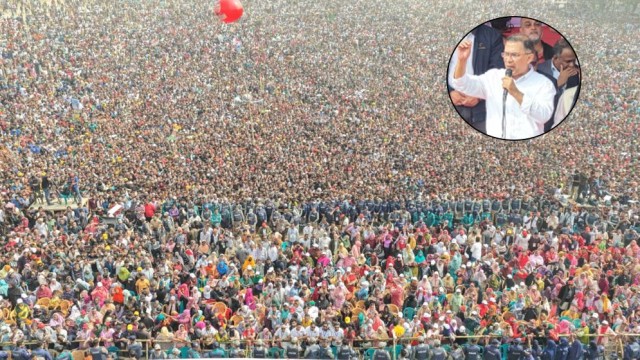
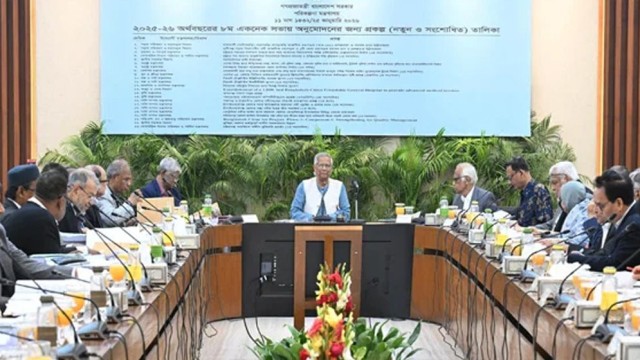
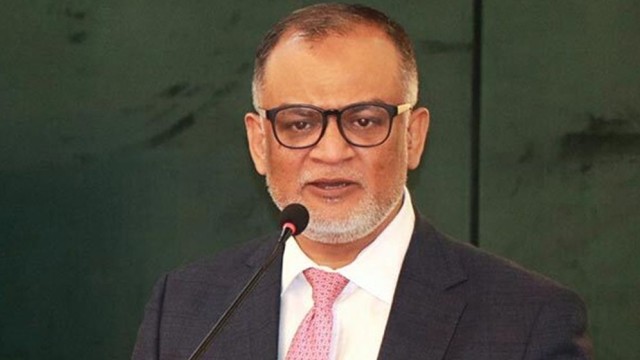
Comment: